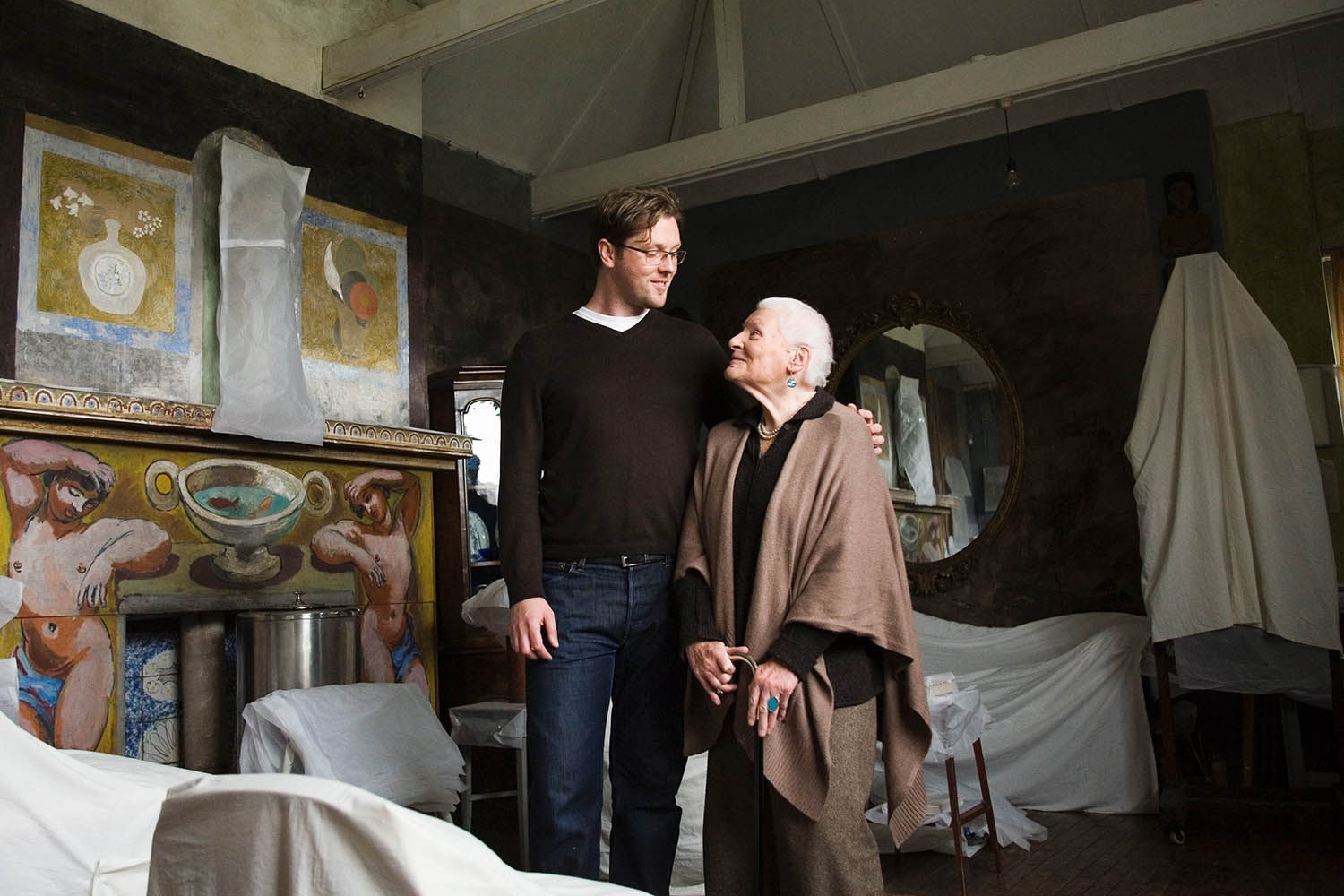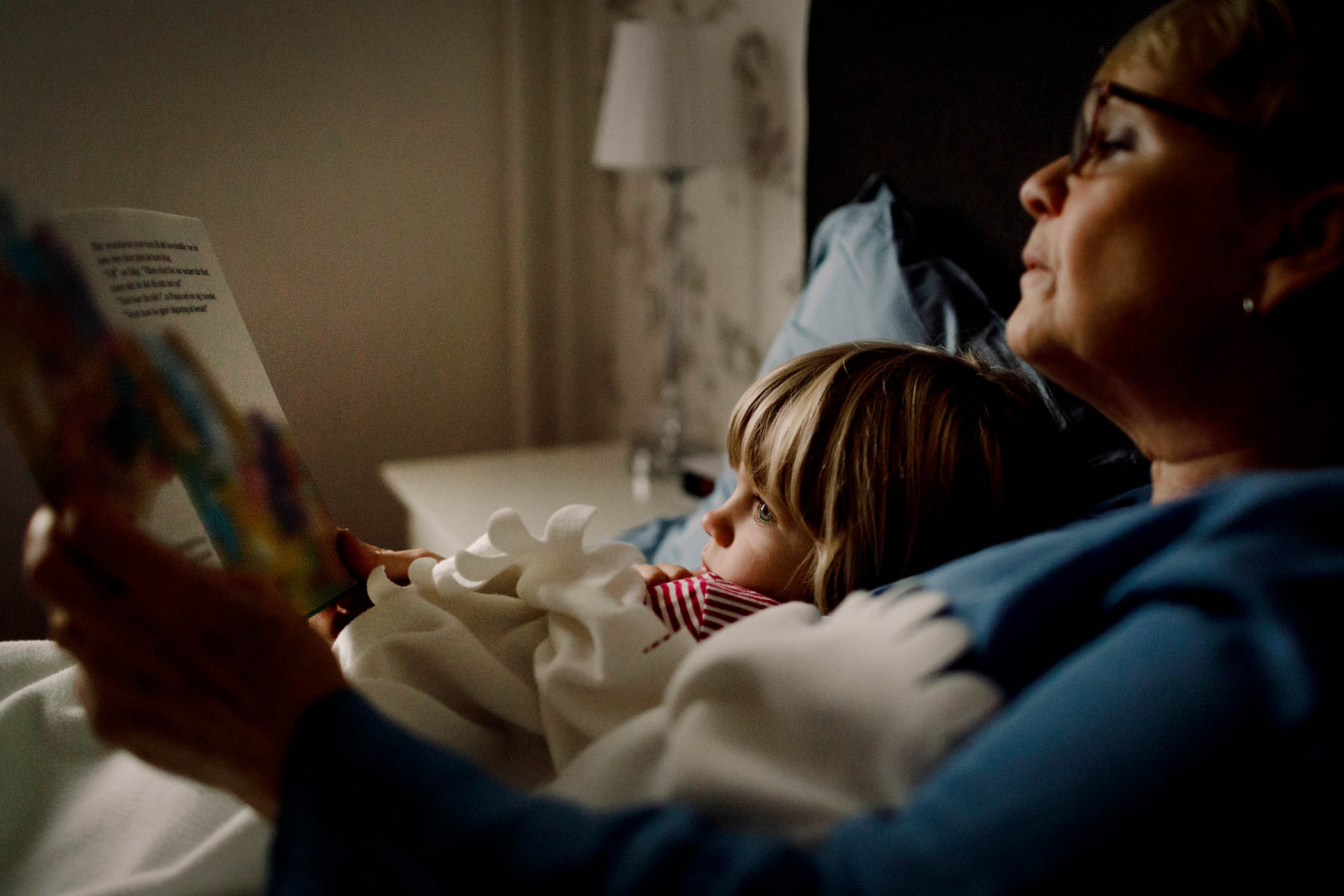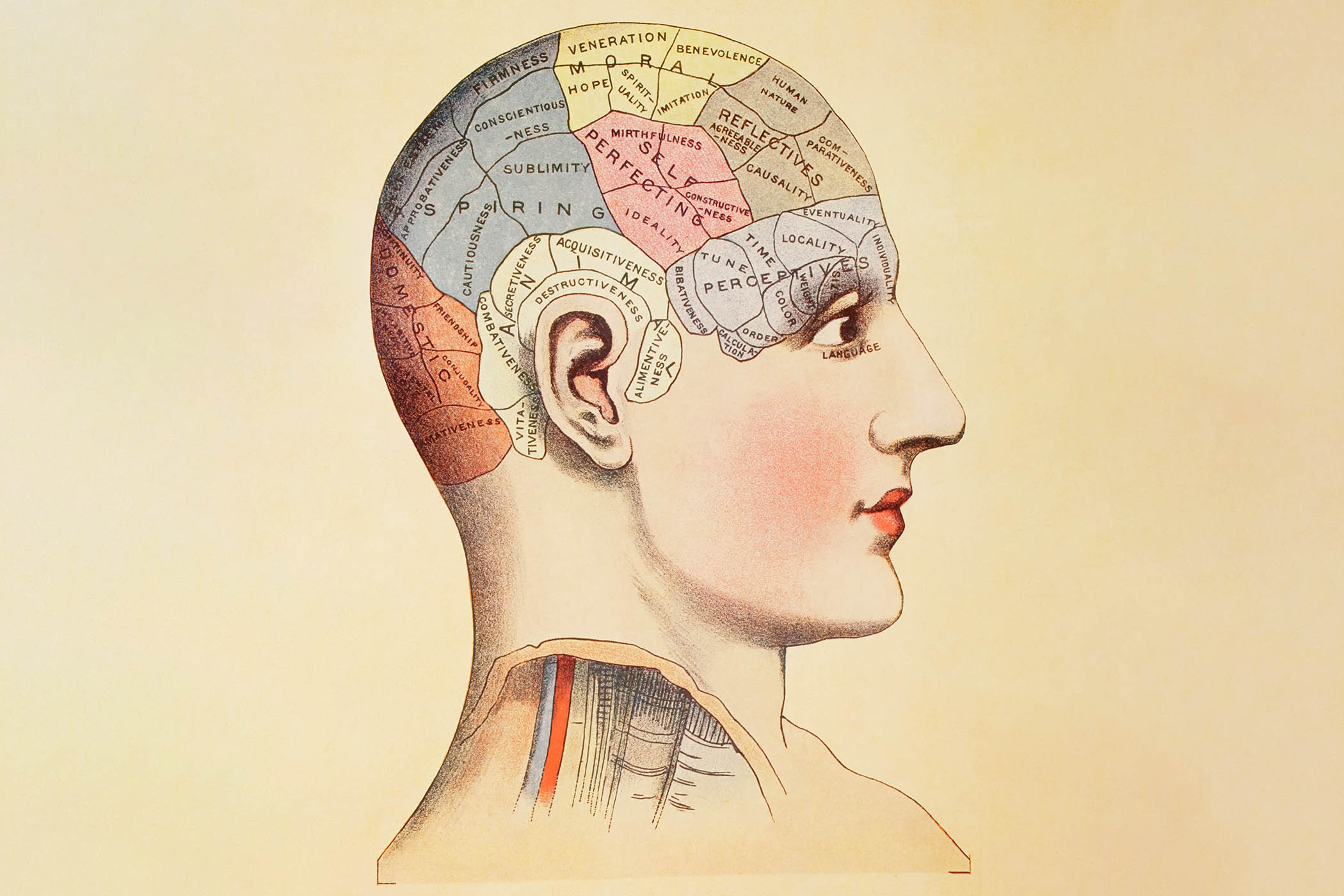There’s a tin tray in my kitchen – round as a penny and decorated with watercolours of little chickens. It lives on top of a cupboard where it won’t get bashed and only I can reach it. I smile every time I get it down.
It was a wedding gift from a woman I love, her ghost by my shoulder as I write – not that she had any truck with the supernatural, or sentimental. Which is not to say she was unfeeling, only that she saved it for her memoirs, as clipped and English as a country house yew. She was never shy of the shears.
Diana was not quite 93 when we met. I was nearly 33. It was just after 6pm on Wednesday 19 May 2010. The nation was waiting to see how Cameron and Clegg in the rose garden would work out and I was standing between two drag queens outside Shoreditch House members’ club waiting for a cab. I walked to the corner and there it was. And there she was - bolt upright in the back. The star guest for my literary salon that night: legendary editor turned bestselling writer Diana Athill.
I’d devoured Stet, her memoir of 30 years at publisher André Deutsch. Kerouac, Atwood and de Beauvoir all submitted to Diana’s pen. A daughter of empire – her father was a major, of course – Diana was passionately anti-colonial, improving the prose of VS Naipaul if not the man. Her clear blue eyes saw every flaw and every virtue on and off the page, including her own.
Stet is the naked truth about being one of very few women in publishing during and after the war. Literally naked when Diana finally sleeps with Deutsch: “After the theatre, we ate an omelette and went to bed together, without – as I remember it – much excitement on either side.” The act as dry as the omelette. It is her deployment of the omelette that makes this sentence so fantastically Diana.
Her credo was “tell it just as it was” wisdom imbibed from the famously alcoholic Jean Rhys, who she steered to safety through Wide Sargasso Sea. Typically modest, Diana claimed Jean’s prose was perfect but admitted “she did need a nanny”. Diana fettled Jean’s very messy life so that she might write. Diana had no children. She was never motherly, or grandmotherly, to me. She would listen to problems – of writing or the heart – then tell it just as it was. Just as nanny might.
Tell it just as it was. Nothing could sound easier or be harder. It’s the only advice Diana gave when I embarked on my memoir Maggie & Me. I’ve since learned it’s also true for fiction – it’s your job to make readers believe your characters are telling it just as it was. Winning anything close to her approval was the greatest prize, although it did not do to seek it.
On the night that we met in Shoreditch I paid her cabbie, then opened the back door. “I haven’t been this far east since the war,” Diana pronounced. No hello, no social easement, just the truth of that moment for her. “Then welcome back,” I said and she took my arm and that was that.
I’d only ever heard a voice like that on the radio, a Bakelite one. Diana made the Queen sound common. She was born in 1917 during a Zeppelin raid. Her parents were actual Victorians. She pronounced Heathrow as two separate words because once upon a time it was. She came from a country house in Norfolk – pronouncing house to rhyme with thrice. I grew up in a council house. A gulf of years and class yawned between us. We bridged it with curiosity and stories.
Visiting Diana felt more like going to student digs than an old folks’ home. Her room was full of art and books and there was always a bottle of something too-sweet in her little fridge.
Newsletters
Choose the newsletters you want to receive
View more
For information about how The Observer protects your data, read our Privacy Policy
I brought what she called “sham curries” from M&S, because she missed spicy food. She knew all the news, read every new book first, had views and shared them.
Our days out were the best: her wheelchair our chariot. The V&A a favourite because she loved a good gift shop. Kew delighted despite making her miss her own garden. We were nearly thrown out of the Tate after she denounced the Pre-Raphaelite show as “art for children and pets” and we became so hysterical that I momentarily lost control of her chair.
When I got married she couldn’t be there, finally too old to travel, though she had been too old for so long but never to me. She sent me that tray and a sorry little note. Afterwards I visited, with cake, and told her all about it. Just as it was.
Monday 26 May is Celebration Day – a day to remember and celebrate the lives of those who are no longer with us. Find out more at celebrationday.com and #ShareYourStar
Photographs by Andrea Artz/laif


